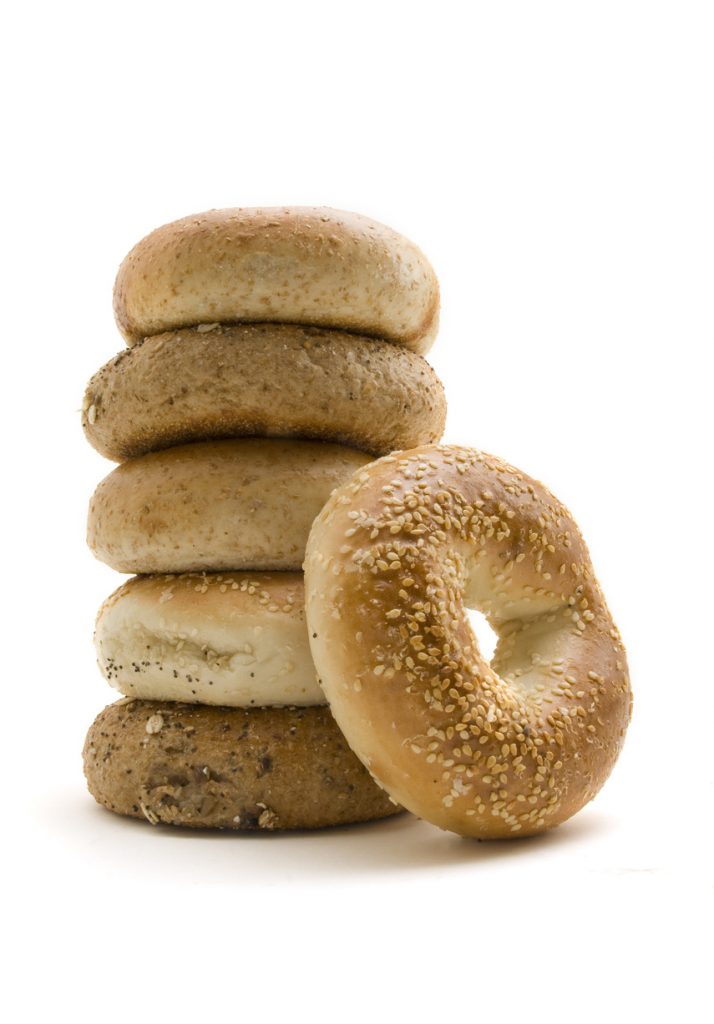Do we get fat because we overeat or do the foods we eat make us fat?
Experts don’t agree on what’s driving obesity. Both the American Heart Association and the American Cancer Society recommend a diet low in saturated fat, to thwart obesity and reduce the risk of cardiovascular disease, diabetes and cancer. Yet a recent meta-analysis, a large study that looks at combined data from several studies, found no clear link between eating saturated fat and cardiovascular disease. Experts like endocrinologist Robert Lustig MD, say that the real culprits are table sugar and refined carbohydrates.
Now, a bold new research effort called the Nutrition Science Initiative (NuSI, pronounced new-see) seeks to find the answers to solve the nutrition piece of the obesity puzzle with carefully constructed scientific studies. NuSI is a nonprofit organization founded by science journalist Gary Taubes and medical researcher Peter Attia MD.
Various studies to date indicate that obesity is caused by many factors: poor diet; sedentary behaviour; poor sleep habits; excess stress; genetic factors; and environmental factors. So why do we need more research? Because most of our existing obesity knowledge is observational, so no cause and effect conclusions can be drawn, or it is based on animal studies.
To find evidence-based results, NuSI is fielding these three initial prospective trials:
- Boston Children’s Hospital Study: This study will explore whether the proportions of macronutrients, i.e. the proportions of carbs, fats and protein, affect fat storage. 150 overweight and obese (BMI between 25-29.9 and over 30 respectively) college students, faculty and staff will lose about 12% of their body weight on a diet that restricts all calories equally, and then be randomly assigned to one of three diets: (1) a carbohydrate-restricted diet that is high in fat; (2) a fat-restricted diet that is high in carbohydrate; or (3) a low-glycemic index, fibre-rich diet, where carbohydrates are digested more slowly. Scientists will track energy expenditure and fat storage to see if macronutrients play a role in regulating weight and body fat mass. This research may provide insight into maintaining a healthy weight and preventing excess fat accumulation, especially in people who were previously overweight. Timing: July 2013 – June 2017; Cost: $13.6 million.
- Energy Balance Consortium: This pilot study seeks to answer whether excess fat storage is an imbalance between calories consumed and calories burned, or if it is affected by the balance of macronutrients through hormones responsible for regulating fat usage and storage, aka the “a calorie a calorie hypothesis.” A group of 16 overweight and obese males ages 18-50 will follow a standard weight-maintenance diet and then switch to an extreme ketogenic diet of 5% carbs, 80% fat (and protein remains unchanged) with the same total calories. By monitoring energy output, scientists will see if the participants mobilize stored fat on the very low-carb diet and burn that for fuel, over and above what they are consuming and in so doing, expend more energy. The pilot study will inform the study design for a larger, randomized controlled trial in the future. Timing: Sept 2013 – Dec 2014; Cost: $5 million.
- Stanford University Study: This study is the first to compare a low-fat vs. a low-carb diet by tracking what happens in the body. 600 participants follow either a low fat or a low carb diet and allowed to eat as much protein (and carbs or fat respectively) as they wish. In addition to measuring changes in BMI, scientists will measure body composition, insulin resistance, energy expenditure and three specific genetic markers to see how participants will react to different diet patterns. Timing: Mar 2013 – Dec 2016; Cost: $7.4 million.
NuSI has raised more than $40 million and is currently seeking to raise a further $190 million to fund research that will extend the learning from the initial three studies.
Do we get fat because we overeat or do the foods we eat make us fat? I applaud this carefully constructed scientific approach to try to tease out the answers. In the future, I wonder if we will be able to test for insulin resistance and genetic markers and then determine which personalized diet will help us maintain a healthy weight.


